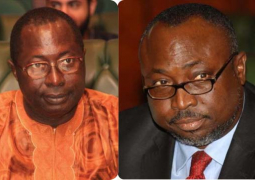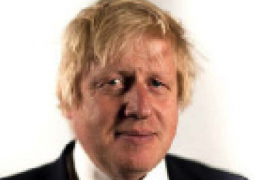Think Young Women has announced its call for applications for the Young Women’s Leadership Programme (YWL) being supported by the US Embassy in
The programme is designed to empower young women to be confident to articulate key concerns, galvanise actions to end violence against girls and women, become facilitative leaders and acquire skills for life.
It is designed for 25 emerging young women leaders between the ages of 17 and 23, who will be selected through a highly competitive selection process and criteria, including their leadership promise, community service accomplishments, and commitment to the advancement of women.
According to the organisers, the programme will be 4-hour weekly sessions for two months (8 days will be for the course and 2 days will be dedicated for opening and closing of the programme).
According to the organizers, the programme is not a full-time programme and that elected candidates may remain full time students or work full time for the programme duration, except for the weekend weekly sessions which is for duration of 8 weeks. It is mandatory for all participants to attend.
Meanwhile, interested applicants should submit the following materials on or before 21 October 2011: completed application form, 2 page resumé/curriculum vitae (C.V.) and one letter of recommendation from a professional or academic contact.
The applicants can contact thinkyoungwomen@gmail.com for more information.
Speaking to The Point, Satang Nabaneh, coordinator of Think Young Women, said there is the need to create a network which can educate others and provide enlightened leadership to meet the complex challenges of young women.
It is vital to understand the vital role young women leaders play in society, she remarked.
“First, the new generation of young women leaders builds on the work of those who came before them. Second, young women and girls are to become the next generation of leading politicians, activists, social entrepreneurs, and change agents: leaders who can transform and change institutions that legitimize and perpetuate discrimination against women. Third, the full and active participation of young women in leadership is a pre-requisite for positive change and development in
Read Other Articles In Article (Archive)
FHAG Donates to Ndemban Islamic School
Mar 27, 2009, 7:00 AM
Peace Corps in The Gambia
May 14, 2012, 12:44 PM



